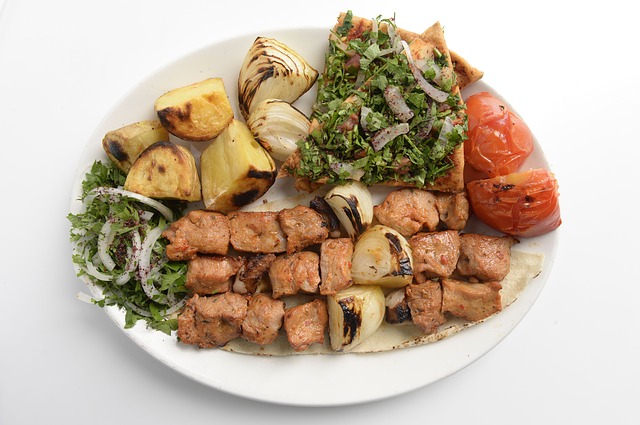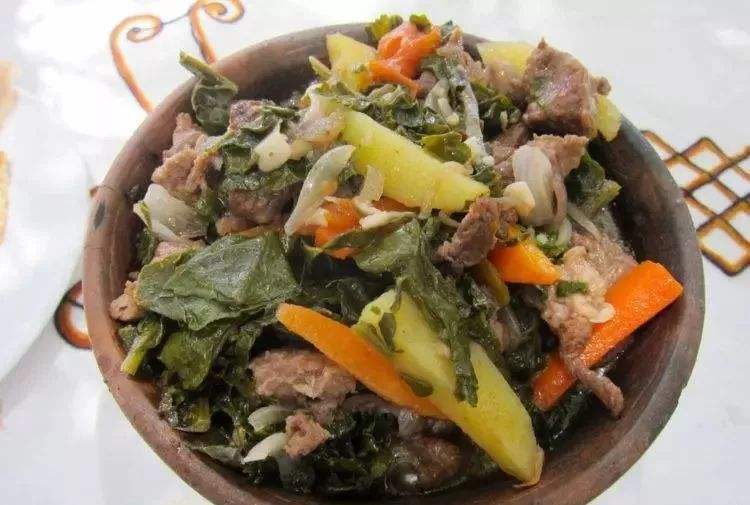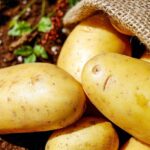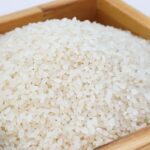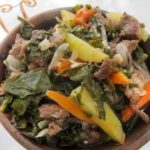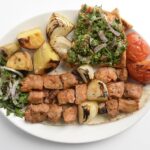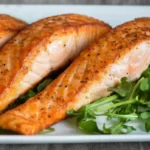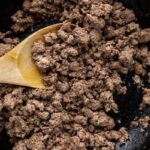Is Lebanese Food Healthy? Quick Anser
To begin with, is lebanese food healthy?
Lebanese food is among the healthiest food in the world because of their ingredients and the way they cook their food. Due to the availability of low-fat options like hummus, tabbouleh, and other dips and salads, Health Line ranks Lebanese food as the tenth healthiest cuisine in the world.
Greek food, which consistently ranks as one of the world’s healthiest cuisines, is comparable to Lebanese food. Lebanese cuisine, like that of the Mediterranean region, is based on vegetables and olive oil.
For more information, continue reading.
Table of Contents
Healthy Benefits Of Lebanese Food
Fresh Ingredients
Fresh, regional ingredients have always been a staple of Lebanese cooking, ensuring that every bite provides the maximum amount of nutrition. By eliminating the need for resource-intensive transportation, using locally grown fruits, vegetables, and herbs also minimizes the impact on the environment.
Spices Not Sauces
Instead of using thick sauces, carefully chosen herbs and spices give all those delicious Lebanese dishes their mouthwatering flavor. This makes sure that each dish has the most flavor possible while containing the fewest saturated fats possible.
The Use Of Olive Oil
Lebanese cuisine heavily relies on olive oil, which can do wonders to lower cholesterol, control blood sugar levels, and improve overall heart health, in place of cooking with butter, cream, or other dairy products. Although olive oil still contains a lot of fat, its mono-unsaturated fatty acids make it very healthy.
Low In Starch
Lebanese food uses very few starchy ingredients, in contrast to the majority of western cultural diets. The odds of finding a small serving of rice or lentils are much higher than the odds of finding a large serving of potatoes, noodles, or heavily processed white bread.
Lots Of Lamb
Lamb has always been the preferred meat in Lebanon because it is thought to be much healthier than red meat. Lamb that has been raised on grass is rich in protein, niacin, selenium, vitamin B12, zinc, phosphorous, and essential fatty acids.
Vegetarian Options
Vegetarian meals are a major component of Lebanese cuisine. We frequently top our vegetarian pizza with delicious ingredients like mushrooms, olives, feta, haloumi, and jalapenos.
Helping Herbs
Not only are the herbs used in Lebanese cuisine fresh, but they are also very healthy. While parsley is rich in vitamins K, C, and A as well as folate, iron, and copper, mint helps you breathe more freshly, supports digestion, and has been shown to help with everything from weight loss to headache prevention.
Ancient & Magical Spices
One of the most popular spices in Lebanon is fresh za’atar, and studies have shown a variety of health advantages to it. Za’atar is a super food, to say the least, with claims that it can treat leprosy and has been used as a leprosy cure since Biblical times. It also has cancer-fighting abilities and is thought to increase brain power.
Chick Peas, In Two Words.
Since ancient times, the health benefits of chick peas have been well known, and Lebanese staples like hommus and falafel fully demonstrate these benefits. In addition to being high in protein, chickpeas are also a great source of calcium, magnesium, phosphate, iron, and vitamin K, all of which work together to strengthen bones, lower blood pressure, fight cancer, lessen inflammation, and lower cholesterol. See more about Is Ethiopian Food Healthy?
Meats
While meat does offer a fair amount of nutrients and advantages, it is not always regarded as a healthy ingredient. It is a great source of proteins that support your body’s ability to regenerate tissue. It also has a lot of iron, which aids in the body’s utilization of oxygen.
Grease is taken out before cooking in Lebanese cuisine, which includes all of its advantages. Veal lovers will prefer Kebbeh Bi Laban, a filling dish with herbs, grains, dairy, and ground meat. We recommend Musakhan Chicken, a delicious and flavorful recipe, for those who enjoy chicken. Last but not least, if you prefer beef, you will adore Daoud Basha. Try it now, then say thanks to us!
Food from Lebanon is superb. They combine the essential nutritional food components—carbs, vegetables, legumes, meats, dairy products, and healthy oils—to perfectly balance your diet. Consequently, don’t be hesitant to eat Lebanese if you want to add color, taste, variety, and health to your diet.
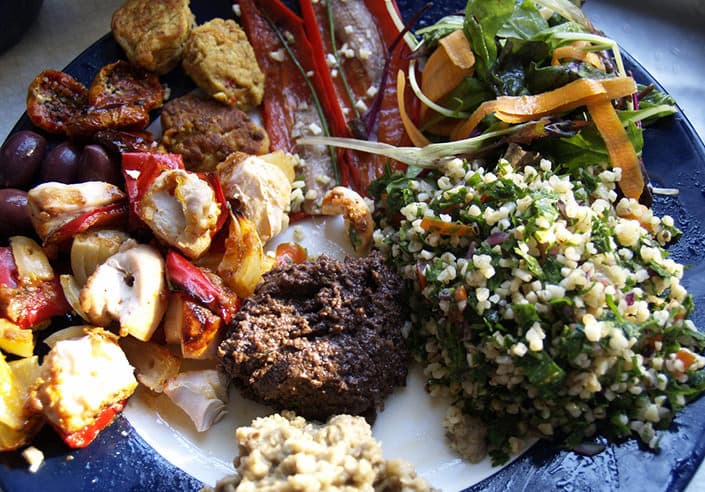
The Lebanese Diet Description
According to Felicity Curtain, a spokesperson for Dietitians Australia and a dietitian, a Lebanese diet is largely composed of fruit and vegetables, nuts, seeds, whole grains, and olive oil as the primary source of fat.
Lebanese staple foods include:
- Tabbouleh
- Falafel
- Fresh seafood
- Poultry
- Small serves of red meat
- Vegetarian dishes
- Legumes
- Baba ganoush
- Hummus
- Mint
- Yoghurt
- Vine leaves
“Many of the ingredients that we would typically associate with Lebanese cuisine and cooking do have a tendency to be essential components of a healthy diet, according to Felicity.
“The best thing about Lebanese cuisine is that it frequently involves home cooking, lots of traditional cooking and eating techniques, and even food cultivation.” See more about Is Vietnamese Food Healthy
Conclusion
Its ingredients are what make Lebanese cuisine healthy! Tahini, legumes, olive oil, and other fresh vegetables and herbs are common ingredients in traditional Lebanese cuisine.
In addition, since there are many dishes—from appetizers to desserts—that don’t use meat or any animal product to make cheese or milk, Lebanese cuisine is also suitable for vegans and vegetarians.

